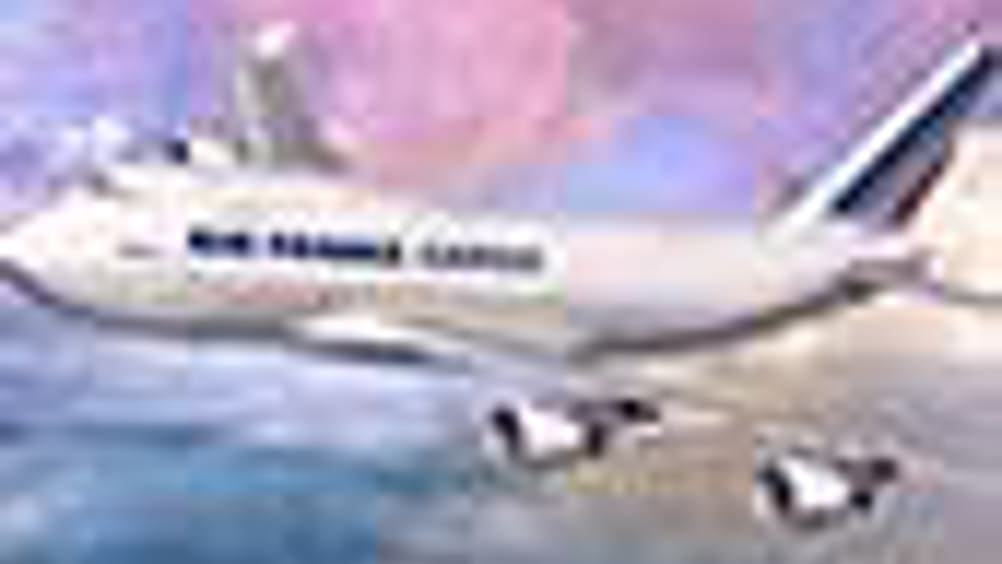Nosewheel motor to cut airport noise and running costs
Electric motors embedded in aircraft nosewheels could cut airport noise and emissions by reducing the need for planes to run their engines on the ground.

Electric motors embedded in aircraft nosewheels could cut airport noise and emissions by reducing the need for planes to run their engines on the ground.
Tests by Boeing and Gibraltar-based engineering company Chorus have shown that a motor attached to the nosewheel can provide a viable way to move aircraft to and from gates, the two companies said. The technology would also remove the need for tow tugs, cutting airlines’ operating costs.
As planes would no longer have to wait to be towed and could be under complete control by the pilot from gate to gate, the system could also reduce flight turnaround times.
According to calculations by Chorus, the motor would require 20 times less energy than a normal aircraft engine to carry out ground operations.
Researchers at Boeing’s Phantom Works facility worked with motor development engineers from Chorus to design and build a prototype on-board electric drive system that could provide high torque at start-up speeds. The prototype was installed on an Air Canada 767 and tested under a variety of conditions.
Register now to continue reading
Thanks for visiting The Engineer. You’ve now reached your monthly limit of news stories. Register for free to unlock unlimited access to all of our news coverage, as well as premium content including opinion, in-depth features and special reports.
Benefits of registering
-
In-depth insights and coverage of key emerging trends
-
Unrestricted access to special reports throughout the year
-
Daily technology news delivered straight to your inbox










Water Sector Talent Exodus Could Cripple The Sector
Maybe if things are essential for the running of a country and we want to pay a fair price we should be running these utilities on a not for profit...